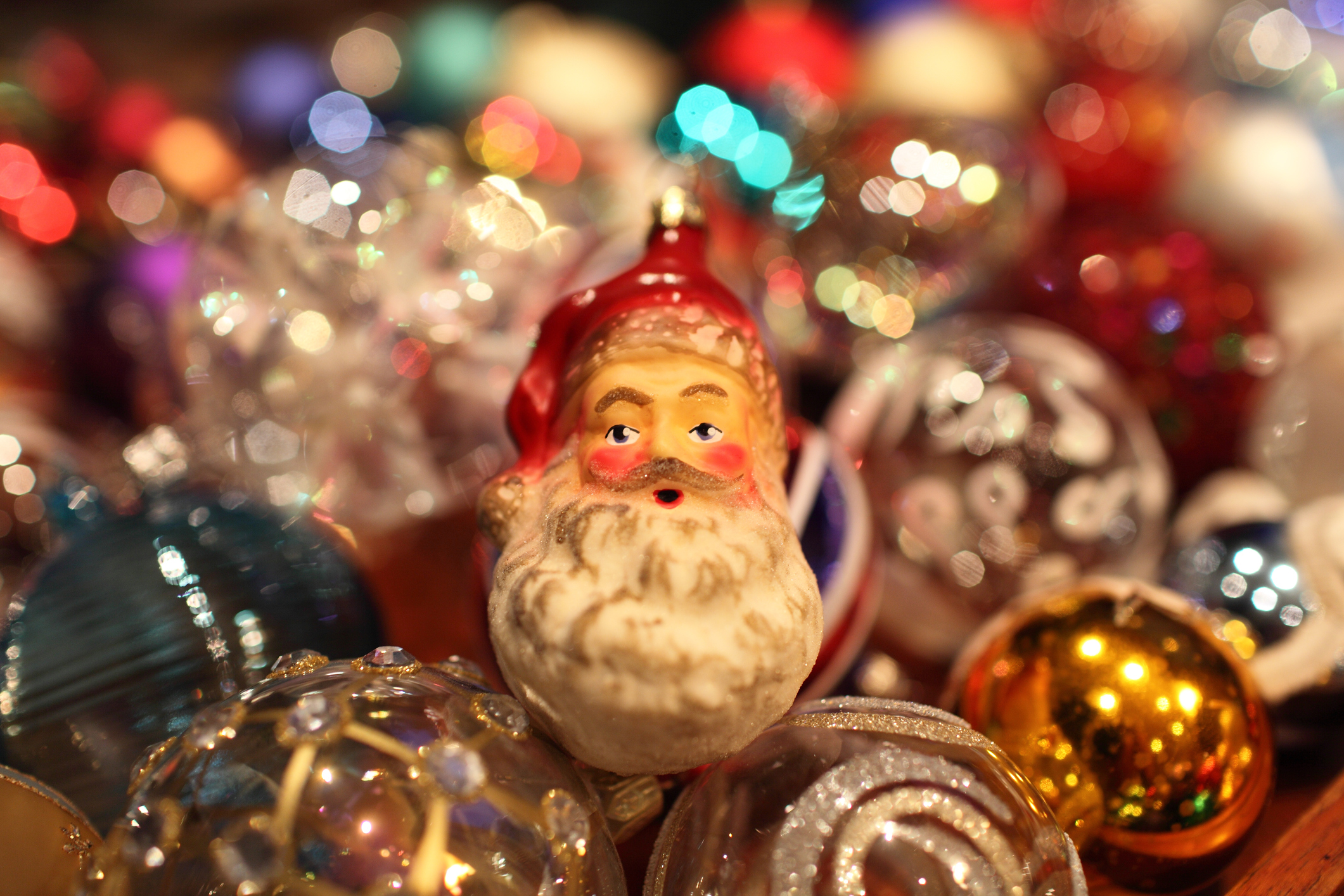
The Christmas holiday is a beloved time of year for people all around the world. It is a season of joy, giving, and celebration, but have you ever wondered where this holiday originated? In this article, we will delve into the history of Christmas, exploring its roots, evolution, and the various traditions that have become synonymous with this festive time of year.
The Early History of Christmas
The modern Christmas holiday as we know it today is a blend of ancient pagan traditions, early Christian practices, and secular customs. The exact date of Jesus Christ's birth is unknown, but in the 4th century, Pope Julius I chose December 25 as the day to commemorate the birth of Jesus, coinciding with the existing Roman festival of Saturnalia and the Germanic festival of Yule.
The early history of Christmas is closely tied to the winter solstice, which falls on December 21 or 22 in the Northern Hemisphere. Many ancient cultures celebrated the winter solstice as a time of renewal and rebirth, marking the shortest day of the year and the beginning of the lengthening of days.
The Roman Festival of Saturnalia
Saturnalia was a festival in ancient Rome that honored the god Saturn, who was revered as the god of agriculture, wealth, and time. The festival took place from December 17 to 23 and was characterized by feasting, gift-giving, and merriment. Social norms were reversed during Saturnalia, with slaves being treated as equals and even given temporary freedom.
The Germanic Festival of Yule
Yule, also known as Winter Solstice, was a festival celebrated by the ancient Germanic peoples. It was a time of feasting, drinking, and bonfires, which were believed to have purifying and protective powers. The festival was also associated with the god Odin, who was revered as the god of war, wisdom, and poetry.
The Christianization of Christmas
As Christianity spread throughout Europe, the early Christian church attempted to eliminate the existing pagan traditions and festivals. However, many of these traditions were so deeply ingrained in the culture that they were eventually incorporated into the celebration of Christmas.
In the 4th century, Christianity was still a relatively new faith, and many of the early Christians continued to observe the existing pagan festivals and traditions. The early Christian church attempted to Christianize these festivals by incorporating Christian symbolism and rituals into the existing celebrations.
The Evolution of Christmas Traditions
Over time, Christmas traditions evolved and were influenced by various cultures and societies. Many of the traditions that we associate with Christmas today, such as decorating trees, exchanging gifts, and singing carols, have their roots in pre-Christian festivals and customs.
The Tradition of Decorating Trees
The tradition of decorating trees dates back to pre-Christian times, when ancient cultures would bring evergreen trees into their homes during the winter solstice to symbolize life and fertility. The modern tradition of decorating Christmas trees originated in 16th-century Germany, where trees were decorated with candles, fruits, and other ornaments.
The Tradition of Exchanging Gifts
The tradition of exchanging gifts during Christmas has its roots in the Roman festival of Saturnalia, where gifts were exchanged as a symbol of friendship and goodwill. The tradition was also influenced by the Three Wise Men, who brought gifts of gold, frankincense, and myrrh to the baby Jesus.
The Tradition of Singing Carols
The tradition of singing Christmas carols dates back to the early Christian church, where carols were sung as a way of expressing devotion and praise to God. Many of the traditional Christmas carols that we know today, such as "Silent Night" and "Joy to the World," have their roots in early Christian hymns and folk songs.

The Commercialization of Christmas
In the 20th century, Christmas underwent a significant transformation, becoming a highly commercialized holiday. The tradition of exchanging gifts, which was once a small part of the holiday, became a major focus of Christmas celebrations. Advertisers and retailers capitalized on the holiday, promoting Christmas as a time of material indulgence and excess.
The Impact of Christmas on Society
Christmas has a significant impact on society, both economically and culturally. The holiday is a major driver of consumer spending, with many businesses relying on Christmas sales to boost their revenue. Christmas also has a significant impact on culture, with many traditions and customs being passed down from generation to generation.
The Cultural Significance of Christmas
Christmas is a holiday that is deeply ingrained in Western culture, and its significance extends far beyond its Christian origins. The holiday has become a time of celebration, giving, and togetherness, bringing people from all walks of life together.

The Environmental Impact of Christmas
While Christmas is a time of joy and celebration, it also has a significant environmental impact. The holiday is associated with increased energy consumption, waste, and pollution, with many of the traditions and customs contributing to these problems.
The Tradition of Christmas Lights
The tradition of decorating homes and streets with Christmas lights is a beloved part of the holiday, but it also has a significant environmental impact. Christmas lights are a major contributor to energy consumption during the holiday season, with many households consuming significantly more energy than usual.
The Tradition of Gift Wrapping
The tradition of gift wrapping is another part of Christmas that has a significant environmental impact. Many gifts are wrapped in paper, plastic, and other materials that contribute to waste and pollution.
The Tradition of Food and Drink
The tradition of feasting and drinking during Christmas is a beloved part of the holiday, but it also has a significant environmental impact. Many of the foods and drinks consumed during Christmas are resource-intensive and contribute to waste and pollution.

The Future of Christmas
As we look to the future, it is clear that Christmas will continue to evolve and adapt to changing times. With the growing awareness of the environmental impact of the holiday, many people are seeking ways to make Christmas more sustainable.
The Tradition of Sustainable Christmas
In recent years, there has been a growing trend towards sustainable Christmas traditions. Many people are opting for eco-friendly decorations, gifts, and practices, reducing the environmental impact of the holiday.
The Tradition of Minimalist Christmas
Another trend that is gaining popularity is the minimalist Christmas. Many people are opting for a simpler, more minimalist approach to the holiday, reducing the emphasis on material gifts and focusing on the true meaning of Christmas.

Gallery of Christmas Around the World




FAQs
What is the origin of Christmas?
+Christmas originated as a Christian holiday to commemorate the birth of Jesus Christ, but it has also been influenced by pre-Christian festivals and traditions.
What is the significance of Christmas lights?
+Christmas lights are a tradition that dates back to the 17th century, symbolizing the star of Bethlehem and the light of Christ.
How can I make my Christmas more sustainable?
+There are many ways to make your Christmas more sustainable, including using eco-friendly decorations, reducing energy consumption, and opting for sustainable gifts.
As we conclude our journey through the history and evolution of Christmas, we hope that you have gained a deeper understanding of this beloved holiday. Whether you celebrate Christmas as a Christian holiday or as a time of cultural and social celebration, we wish you a joyous and sustainable holiday season.